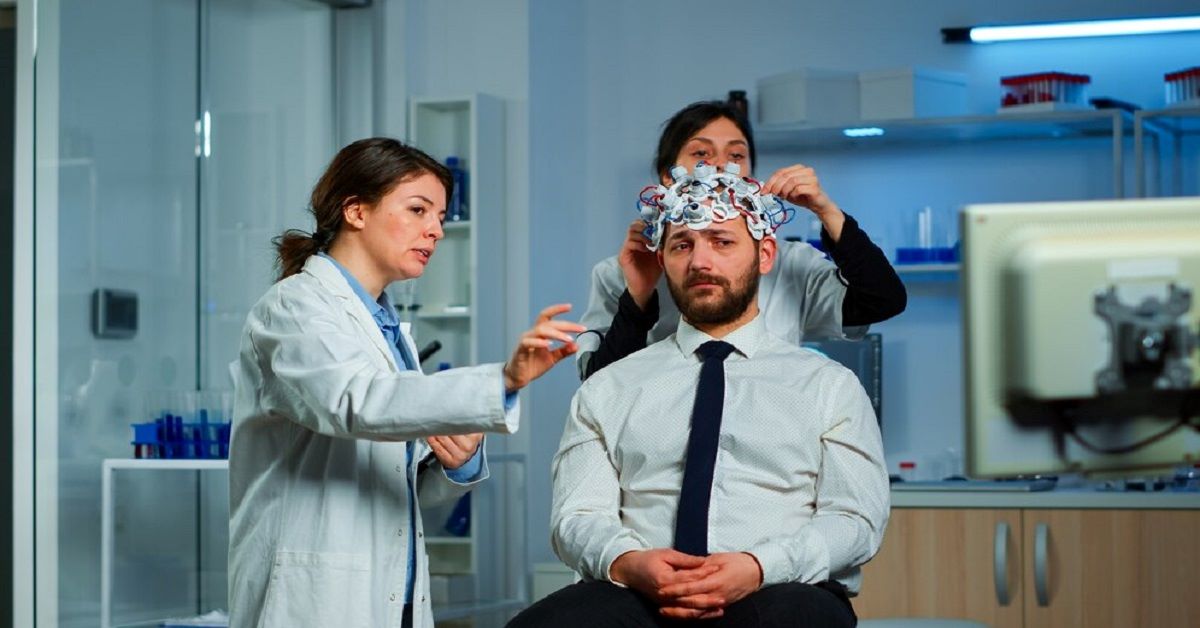
The Role of Neurosurgery in Treating Spinal Tumors
Spinal tumors can significantly impact a person’s quality of life, causing pain and mobility issues. Neurosurgery plays a crucial role in diagnosing and treating these tumors, helping patients regain their health and functionality. If you’re looking for a neurosurgeon in Indore, understanding the importance of neurosurgery in this context is essential. With advanced techniques and expertise, neurosurgeon provide effective solutions tailored to individual needs.
Understanding Spinal Tumors
Spinal tumors can be categorized into primary tumors, which originate in the spine, and secondary tumors, which spread from other parts of the body. Symptoms may vary, including back pain, neurological deficits, and limb weakness. Early diagnosis is vital for effective treatment, and this is where neurosurgeon come into play.
The Role of Neurosurgery
Neurosurgeon specialize in treating disorders of the nervous system, including spinal tumors. They utilize advanced imaging techniques, such as MRI and CT scans, to precisely locate tumors.
Surgical Intervention
In many cases, surgery is necessary to remove the tumor. Neurosurgeon in Indore use minimally invasive techniques whenever possible, reducing recovery time and minimizing trauma to surrounding tissues. Complete resection of the cancer can relieve pressure on the spinal cord and nerves, alleviating symptoms.
Radiotherapy and Chemotherapy
For some patients, surgery alone may not be sufficient. Neurosurgeon often collaborate with oncologists to provide comprehensive care, including radiotherapy or chemotherapy. These treatments can target remaining cancer cells and prevent recurrence.
Post Surgery Rehabilitation
After surgery, rehabilitation plays a vital role in recovery. A neurosurgeon often recommends physical therapy to help patients regain strength and improve mobility.
Neurosurgery is a critical component in the effective treatment of spinal tumors. By choosing a qualified neurosurgeon in Indore, patients can benefit from advanced techniques and comprehensive care tailored to their needs. Early diagnosis and intervention can make a significant difference in outcomes, allowing individuals to return to their daily lives with improved health and well being.








